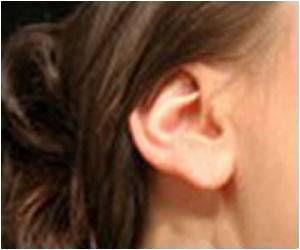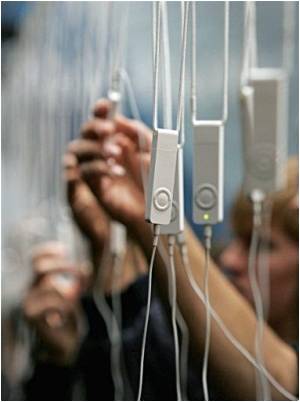
University of Miami NIH-funded researchers led by Dr. Xue Zhong Liu, a physician-scientist, conducted a nine-year study on 221 adult and 163 pediatric patients with sensorineural hearing loss. Blood samples were screened for mutations in GJB2 and GJB6 and mitochondrial DNA mutations, audiometric tests were conducted, and patient and family histories were taken.
Mutations in the GJB2/GJB6 genes were identified in 23 of 163 pediatric patients (14%), but only 3 of 221 adults (1%). Thirteen percent of the pediatric patients were determined to be carriers. The mitochondrial testing in adults returned a higher rate (3%) than what is usually reported (1%). Identifying DFNB1 mutations early will provide carriers with a number of options, including risk factor avoidance and pharmaceutical options to prevent hearing loss from progressing or improving existing conditions.
The authors conclude, "Our study supports the considerable value of genetic testing in establishing an etiology for childhood hearing loss. Given its high yield, DFNB1 mutation screening should be considered an early step in the diagnostic evaluation of pediatric hearing loss. However, its role in adults seems considerably more limited and is yet to be defined."
Source-Eurekalert















